The Science Behind Psychedelic Mushrooms
Psychedelic mushrooms, also known as magic mushrooms or psilocybin mushrooms, have been used for centuries in various cultural and spiritual practices. These fungi contain compounds called psilocybin and psilocin, which are responsible for their psychoactive effects. From a scientific perspective, these compounds interact with serotonin receptors in the brain, specifically the 5-HT2A receptor, leading to altered perceptions and consciousness.
The study of these organisms has gained significant attention in recent years due to their potential therapeutic applications. Research institutions around the world have begun investigating these fungi for their possible benefits in treating conditions such as:
- Treatment-resistant depression
- Post-traumatic stress disorder (PTSD)
- Anxiety in patients with life-threatening diseases
- Substance use disorders
- Obsessive-compulsive disorder (OCD)
Understanding Mycology Education and Research
The Role of Cultivation in Mycological Studies
Mycology, the scientific study of fungi, encompasses a vast field of research that extends far beyond psychedelic varieties. Mushroom cultivation represents a fundamental aspect of mycological education, allowing students and researchers to understand fungal life cycles, growth requirements, and biological characteristics.
Educational institutions often use cultivation methods to teach:
- Fungal reproduction and life cycles
- Genetic diversity within fungal species
- Environmental factors affecting fungal growth
- Microscopy and identification techniques
- Laboratory sterile techniques
Legal Research Applications
In countries and states where research permits are available, scientific institutions conduct studies using specially authorized grow kits for psychedelic mushrooms. These controlled environments allow researchers to:
- Study the production of secondary metabolites
- Investigate genetic factors in psilocybin production
- Develop standardized cultivation protocols for clinical research
- Explore potential medicinal applications through FDA-approved trials
- Document growth parameters and optimization techniques
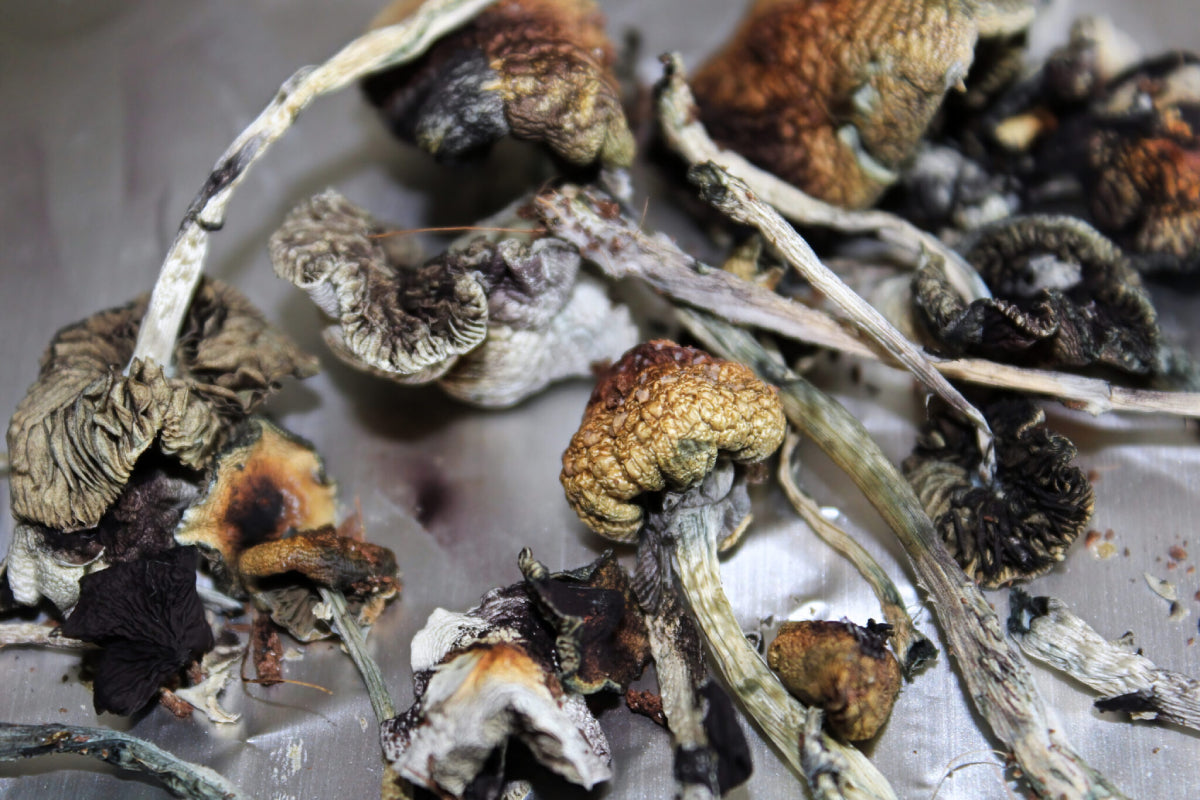
Legal Considerations Around Psychedelic Mushrooms
Current Legal Status Worldwide
The legal status of psilocybin mushrooms varies significantly around the world. In most countries, psilocybin remains a controlled substance, making possession, cultivation, and distribution illegal. However, some jurisdictions have begun to reform their approaches:
- Oregon became the first US state to legalize psilocybin for therapeutic use
- Several US cities have decriminalized psilocybin, including Denver, Oakland, and Santa Cruz
- Countries like the Netherlands allow the sale of psychedelic truffle grow kits, though mushroom grow kits remain restricted
- Jamaica and Brazil have permissive policies regarding psilocybin mushrooms
- Canada allows psilocybin access through special exemptions for medical purposes
Educational and Scientific Exemptions
Some jurisdictions provide exemptions for educational and research purposes, allowing accredited institutions to study these organisms under controlled conditions. These exemptions typically:
- Require strict licensing and oversight
- Limit cultivation to specific research objectives
- Mandate comprehensive security protocols
- Necessitate detailed record-keeping and reporting
- Restrict access to qualified researchers only
Types of Mushroom Grow Kits for Educational Purposes
Gourmet and Medicinal Mushroom Kits
For those interested in legal mycology, numerous grow kits exist for cultivating non-psychoactive gourmet and medicinal mushrooms. These kits provide excellent educational opportunities to understand fungal biology without legal concerns:
- Oyster mushroom varieties (Pleurotus species)
- Shiitake (Lentinula edodes)
- Lion's Mane (Hericium erinaceus)
- Reishi (Ganoderma lucidum)
- Turkey Tail (Trametes versicolor)
These legal alternatives allow enthusiasts to learn cultivation techniques while producing edible or medicinal mushrooms with documented health benefits.
Components of Educational Mushroom Cultivation Kits
Regardless of the species being grown, most mushroom cultivation kits contain similar components designed to simulate the natural growing environment of fungi:
- Substrate material (typically sterilized grain, straw, or hardwood)
- Mycelium culture (the vegetative part of the fungus)
- Growing container or bag
- Humidity maintenance system
- Instructions for environmental control
- Sometimes additional casing material
Scientific Understanding of Mushroom Cultivation
The Fungal Life Cycle
From an educational perspective, understanding the fungal life cycle represents one of the most valuable aspects of mushroom cultivation. The typical cycle includes:
- Spore germination: Microscopic spores germinate under appropriate conditions
- Mycelial growth: Thread-like cells called hyphae extend and interweave to form mycelium
- Primordia formation: Small "pins" or "buttons" form as the first visible signs of mushrooms
- Fruiting body development: Mushrooms develop and mature
- Spore release: Mature mushrooms release spores to begin the cycle again
Environmental Factors in Cultivation
Successful mushroom cultivation depends on carefully controlling environmental conditions. For educational purposes, understanding these requirements provides insights into fungal ecology:
- Temperature: Different species have specific temperature ranges for optimal growth
- Humidity: Most mushrooms require high humidity (80-95%)
- Air exchange: Fresh air exchange prevents CO2 buildup and triggers fruiting
- Light: While not needed for photosynthesis, light often signals fruiting and determines growth direction
- pH levels: Substrate acidity affects mycelial growth and contamination resistance
Research Applications of Controlled Cultivation
Standardization for Clinical Research
One critical aspect of psychedelic research involves standardizing cultivation to ensure consistent psilocybin content. Research-grade grow kits help scientists:
- Produce mushrooms with predictable potency for clinical trials
- Minimize variability between research batches
- Control environmental variables that might affect compound production
- Document cultivation parameters for replicable studies
- Maintain genetic stability through isolation techniques
Genetic Research and Conservation
Scientific institutions also use cultivation techniques to study fungal genetics and preserve rare species:
- Documenting genetic diversity within and between species
- Preserving genetic material from threatened fungi
- Studying genetic factors that influence medicinal compound production
- Developing improved varieties for approved research
- Creating living fungal libraries for future scientific work

Mycological Supplies for Educational Use
Laboratory Equipment
Educational mycology extends beyond basic grow kits to include specialized laboratory equipment for advanced study:
- Laminar flow hoods for sterile work
- Pressure cookers or autoclaves for sterilization
- Microscopes for spore and mycelium examination
- Agar and petri dishes for culture work
- Incubation chambers for controlled growth
Literature and Educational Resources
Alongside physical cultivation tools, comprehensive educational materials provide context and guidance:
- Mycology textbooks and field guides
- Peer-reviewed research papers
- Cultivation manuals for non-psychoactive species
- Online courses in mycology
- Scientific journals dedicated to fungal research
The Future of Psychedelic Research
Therapeutic Potential
Recent clinical trials at institutions like Johns Hopkins, Imperial College London, and NYU have demonstrated promising results using psilocybin for various conditions. This research depends on carefully controlled cultivation methods to:
- Produce consistent material for clinical trials
- Ensure standardized dosing protocols
- Maintain quality control throughout the research process
- Allow for replicable results across different studies
- Meet regulatory requirements for pharmaceutical development
Regulatory Changes and Scientific Progress
The landscape of psychedelic research continues to evolve, with several developments shaping the field:
- Increasing numbers of FDA-approved breakthrough therapy designations
- Expansion of research permits in previously restrictive countries
- Growing investment in psychedelic medicine companies
- Development of synthetic production methods alongside cultivation
- Integration of traditional knowledge with modern scientific approaches
Alternative Legal Mycology Education
Focus on Gourmet and Medicinal Species
For those interested in fungal cultivation as an educational pursuit, numerous legal alternatives exist:
- Community mushroom growing classes focusing on culinary varieties
- University mycology programs studying diverse fungal species
- Citizen science projects documenting wild mushroom populations
- Cultivation of medicinal mushrooms with established health benefits
- Agricultural extension programs teaching mushroom farming
Building Mycological Knowledge
The skills developed through legal mushroom cultivation provide a foundation for understanding fungal biology:
- Sterile technique and contamination management
- Substrate preparation and optimization
- Environmental monitoring and adjustment
- Fungal life cycle observation
- Strain selection and improvement
Ethical Considerations in Mycological Education
Responsible Information Sharing
Educational content about fungi should emphasize:
- Accurate scientific information without encouraging illegal activities
- Clear distinction between legal and controlled species
- Respect for traditional and indigenous knowledge
- Environmental sustainability in collection and cultivation practices
- Safety protocols for all mycological work
Environmental Impact
Wild mushroom populations face various threats, making cultivation an important conservation tool:
- Habitat loss affecting fungal biodiversity
- Climate change disrupting fungal ecosystems
- Overharvesting of wild populations
- Introduction of non-native fungal species
- Loss of traditional mycological knowledge
Conclusion: The Educational Value of Mycology
The study of fungi represents one of the most fascinating frontiers in biology. With only an estimated 5-10% of fungal species currently documented, mycology offers tremendous opportunities for discovery and learning. Legal mushroom cultivation provides hands-on experience with:
- Biological principles in action
- Scientific methodology and observation
- Sustainable food production techniques
- Understanding of decomposition and nutrient cycling
- Appreciation for fungal diversity and ecological importance
For those interested in pursuing mycological education, numerous resources exist through universities, community colleges, mycological societies, and agricultural extension offices. These institutions provide structured learning environments where the cultivation of diverse fungal species can be explored within appropriate legal frameworks.
As research into psychedelic compounds continues to advance through proper channels, the scientific understanding of these fascinating organisms will continue to grow, potentially leading to important therapeutic applications while respecting both legal requirements and scientific integrity.



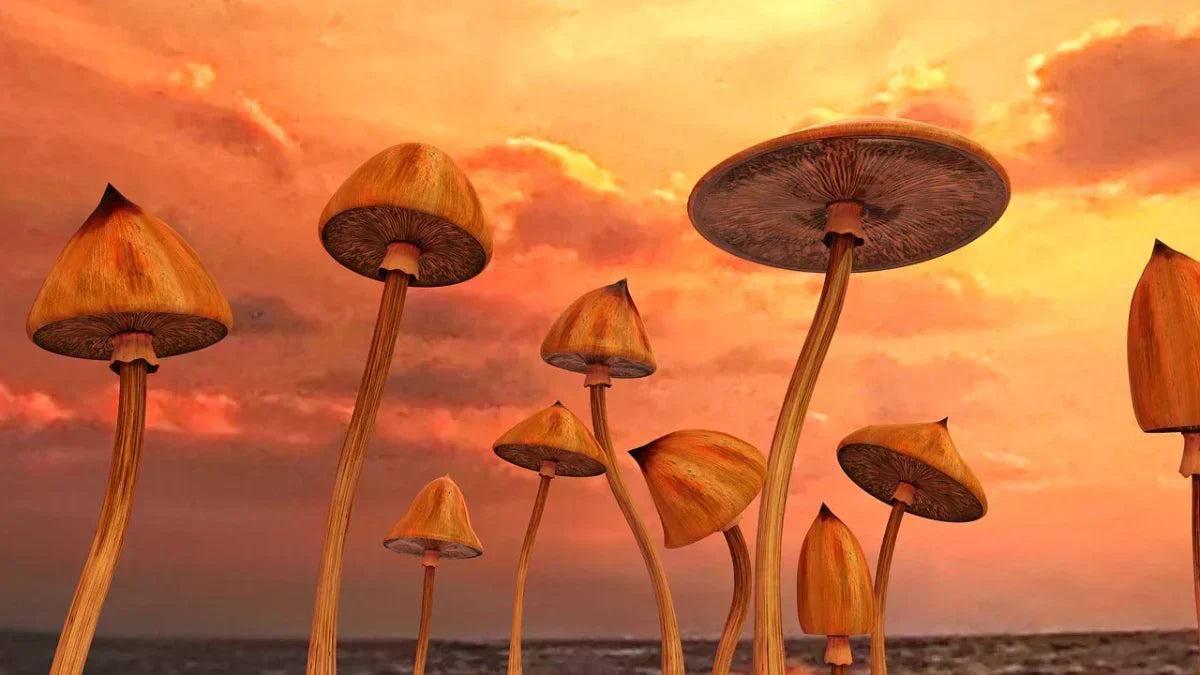




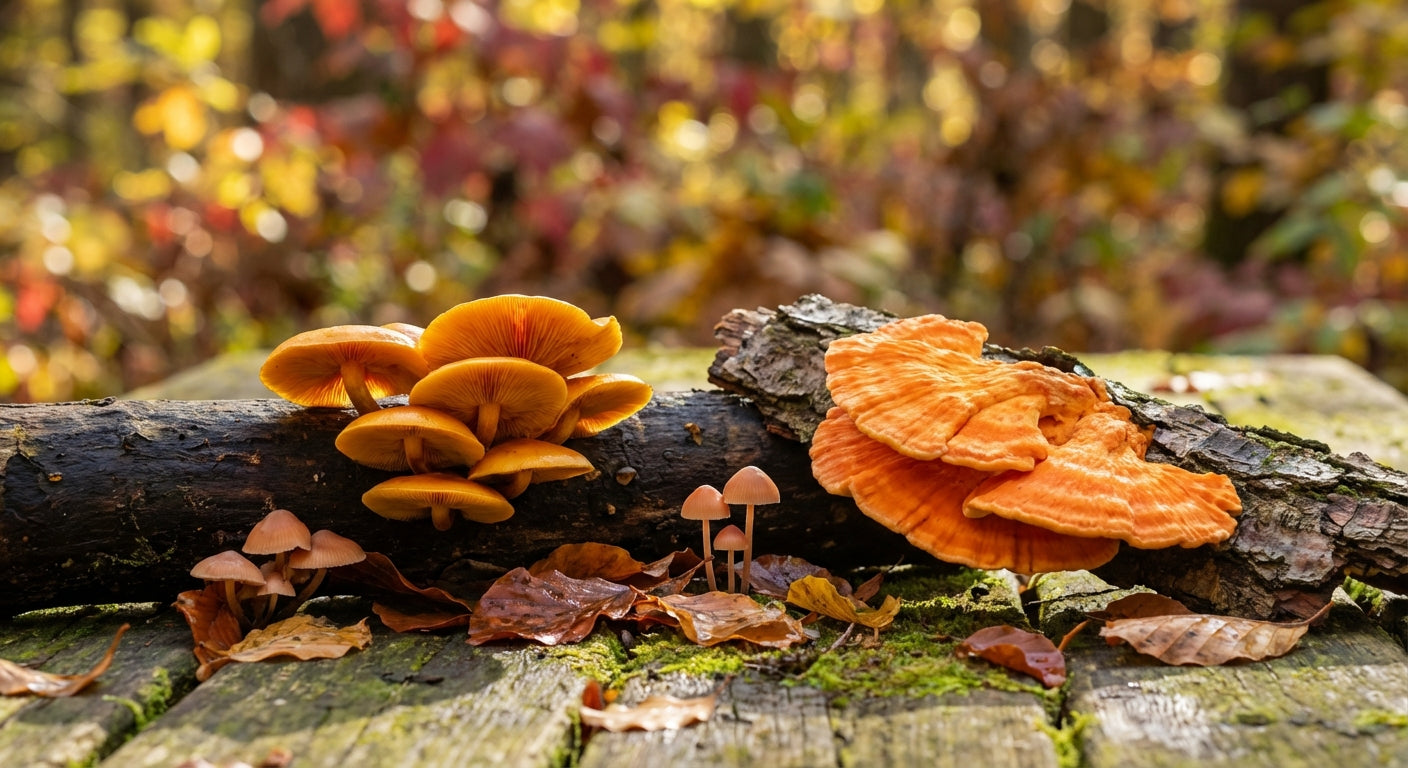
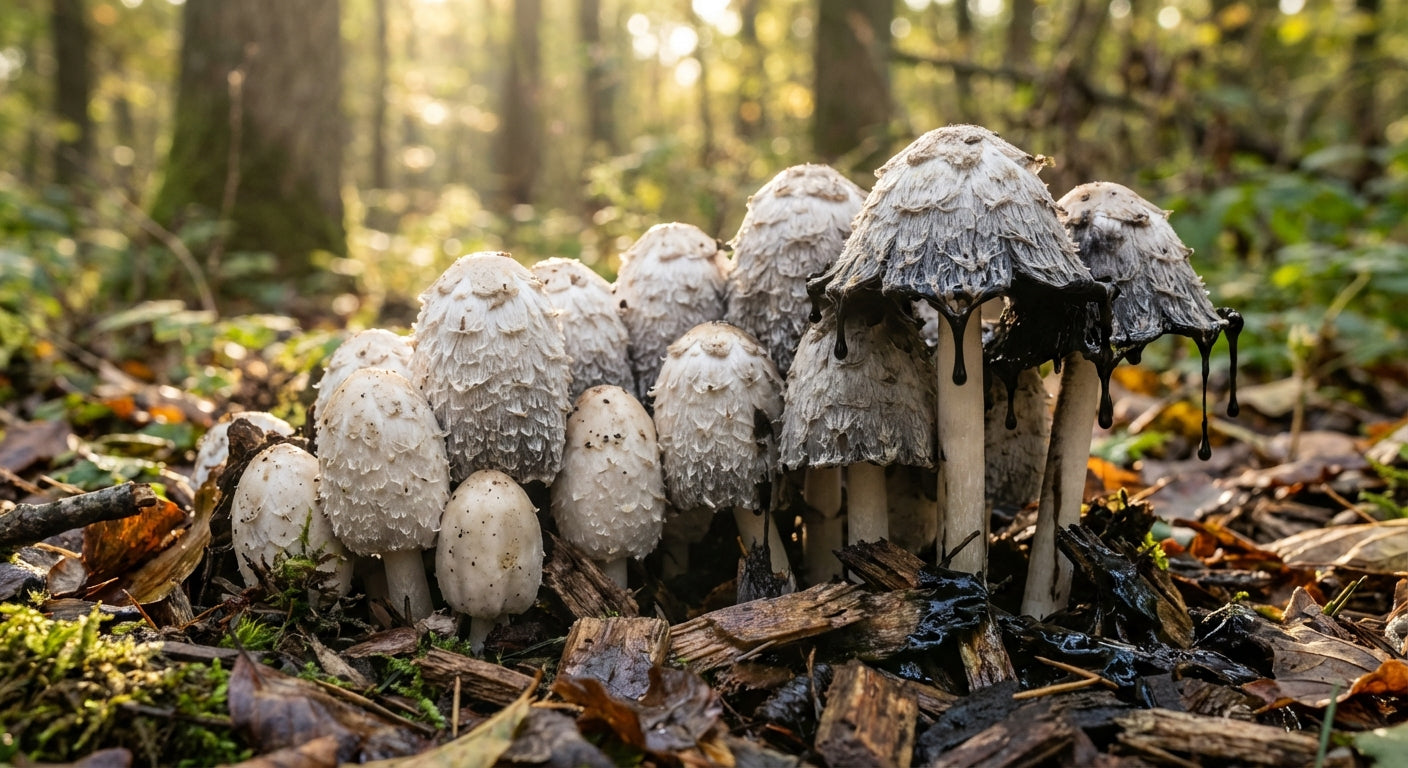
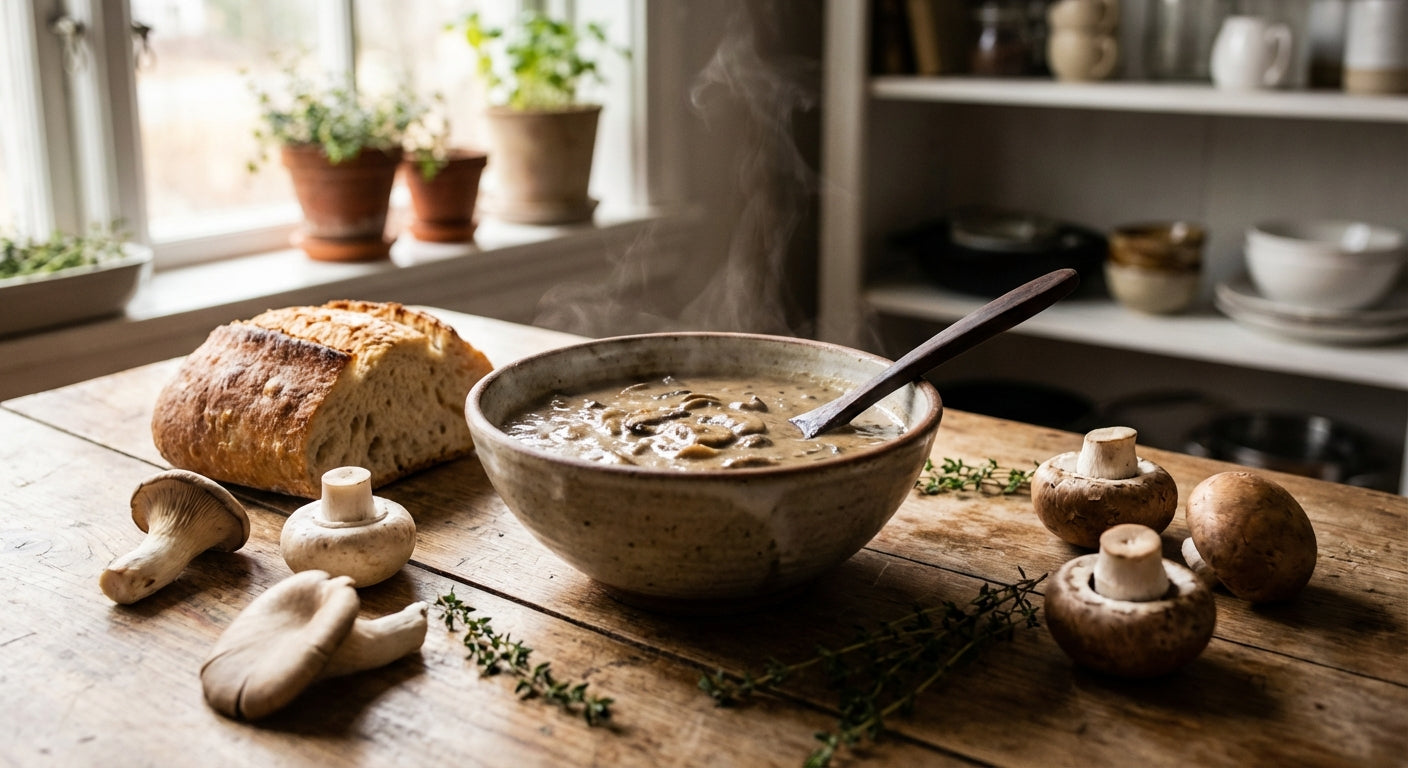
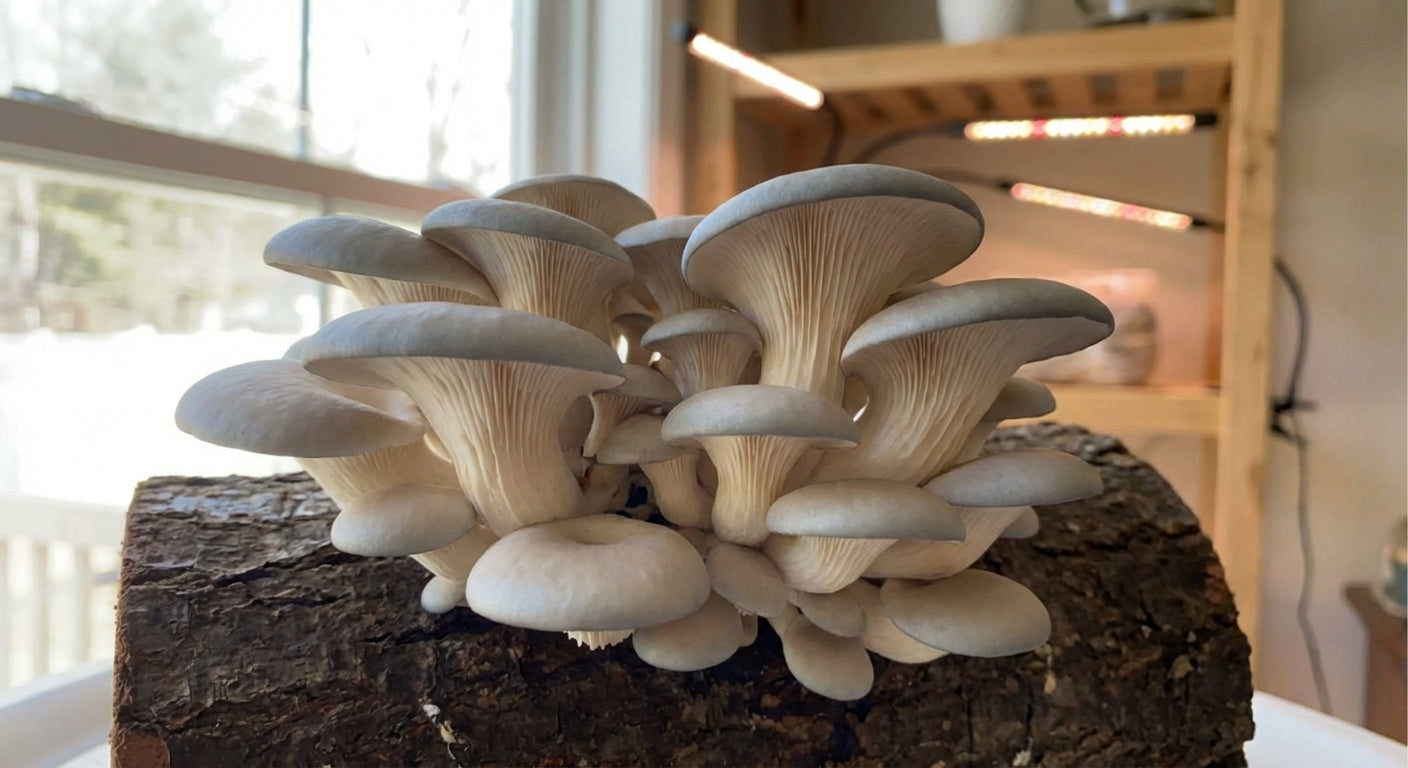




Share:
Porcini (Boletus edulis): The Complete Guide to the King of Wild Mushrooms
Mushroom Seasoning: The Complete Guide to Nature's Umami Flavor Enhancer